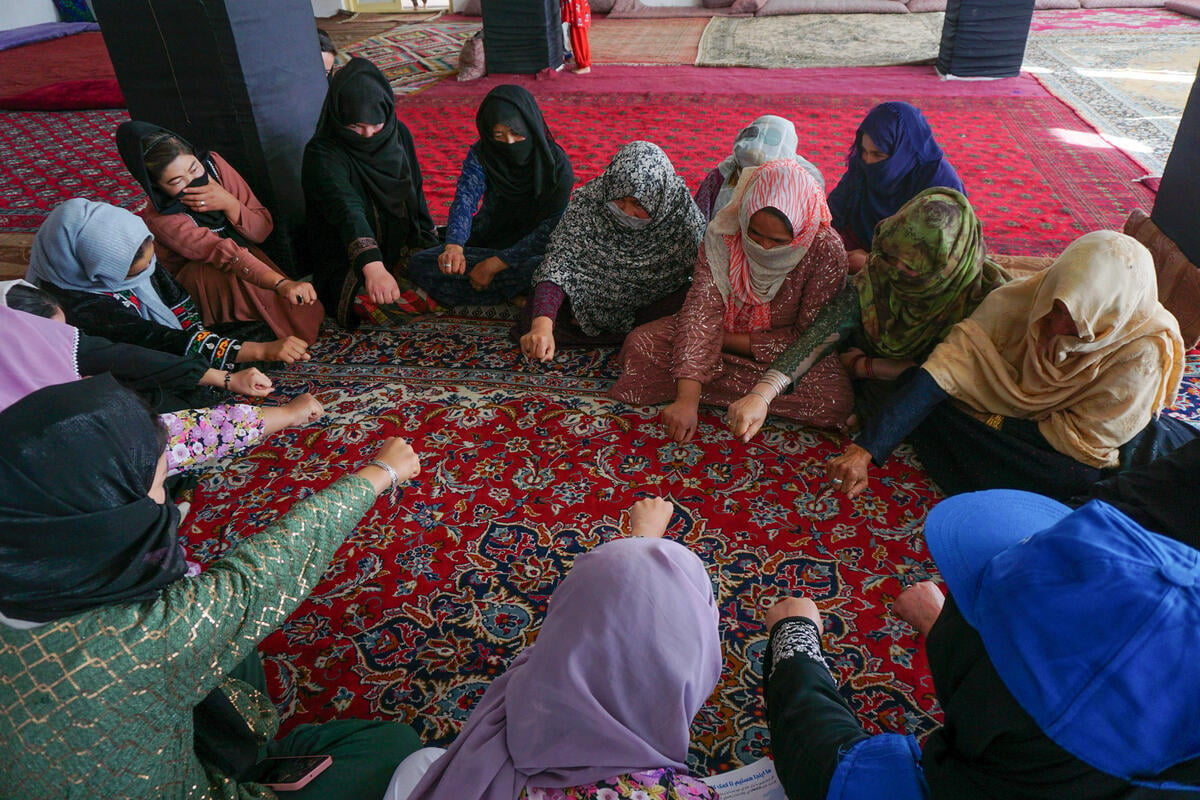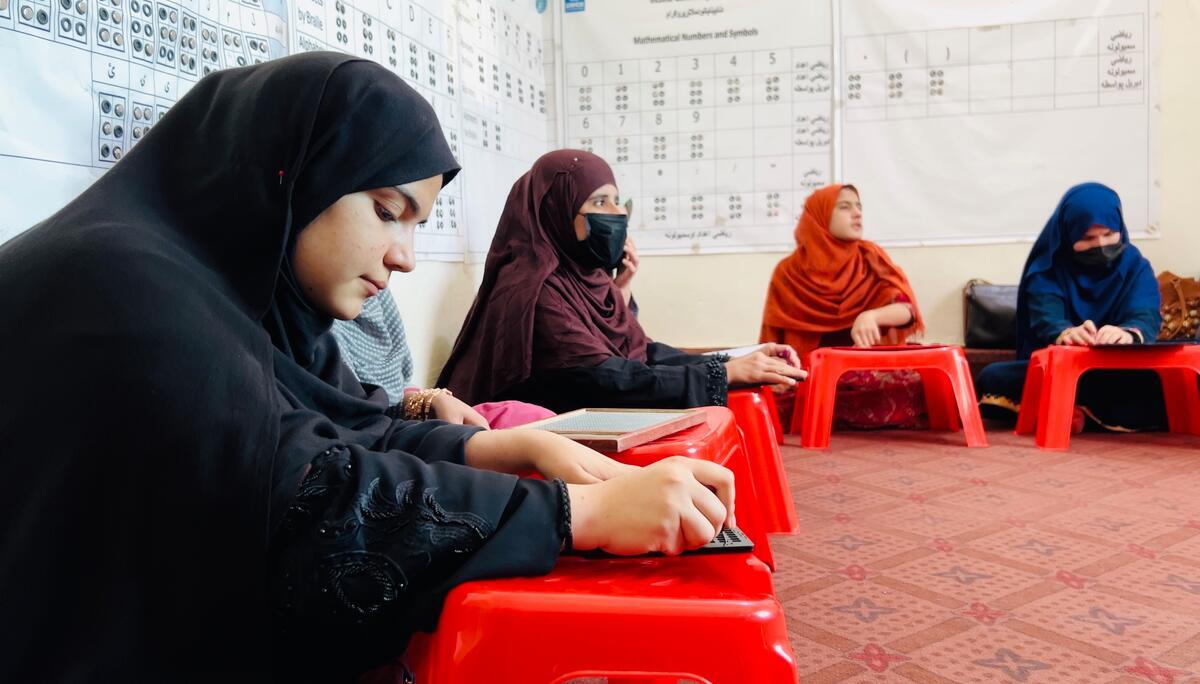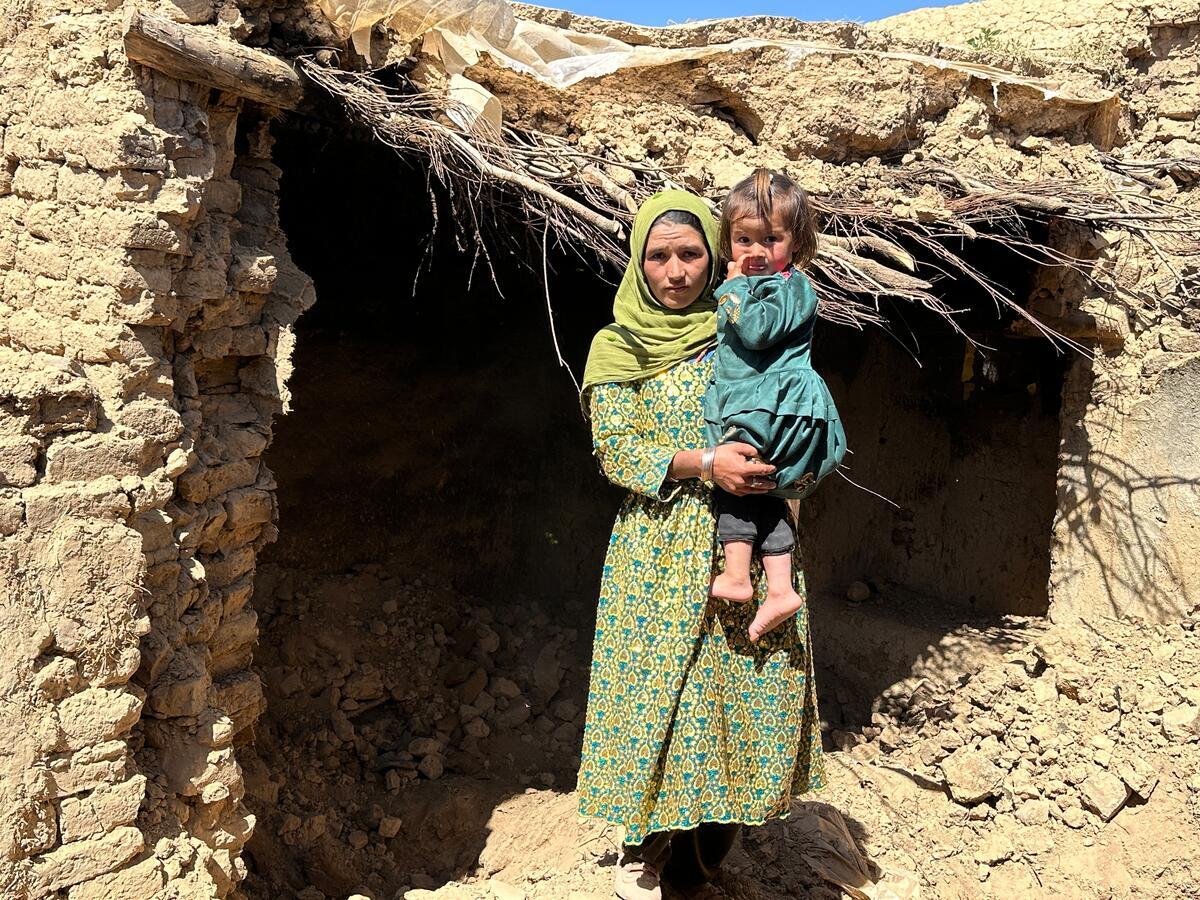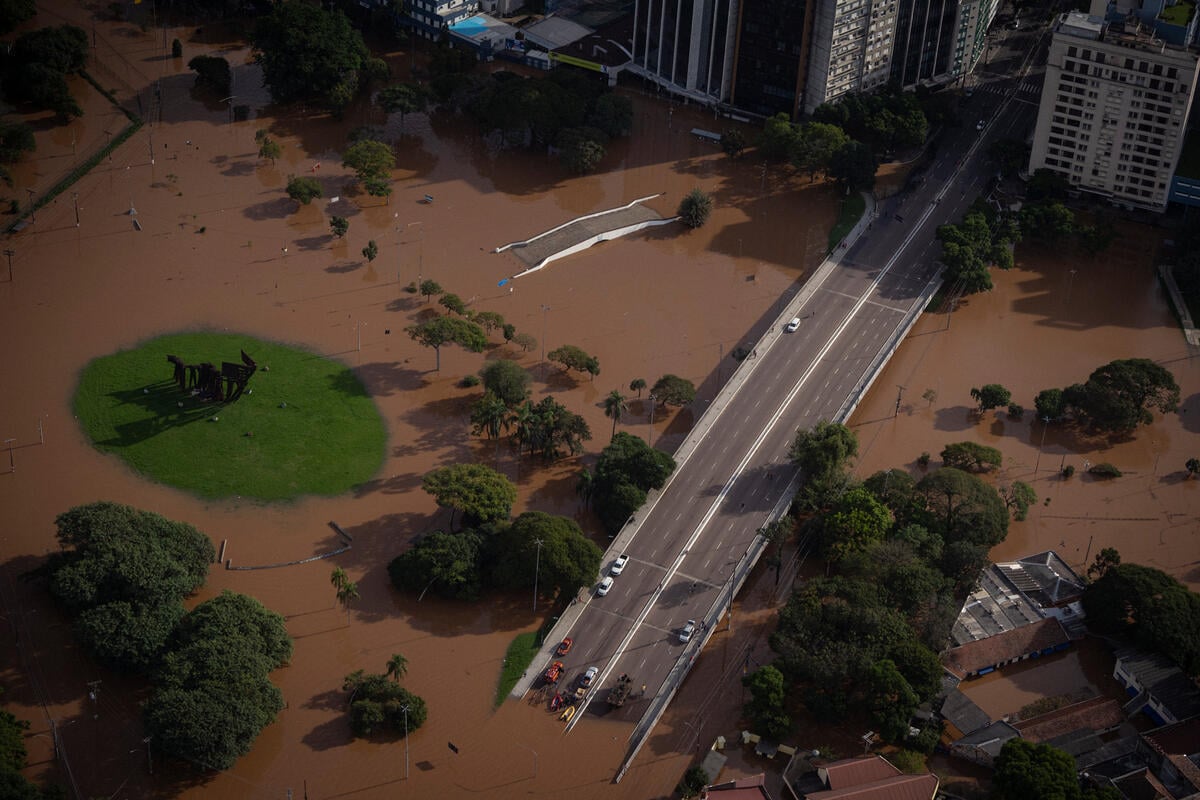UNHCR and Afghanistan's Repatriation Minister reach accord on return of refugees
UNHCR and Afghanistan's Repatriation Minister reach accord on return of refugees

Afghan refugees transfer from Jalozai camp to other sites.
KABUL, Afghanistan, Jan. 24 (UNHCR) - The Afghan Repatriation Minister and UNHCR Wednesday agreed on a wide-ranging plan to assist hundreds of thousands of Afghan refugees and internally displaced persons return home this year, with the minister saying he was open to granting amnesty to the returnees.
The agreement covered practical issues such as transportation, return packages, and special assistance to the most vulnerable refugees as well as helping returnees reintegrate into society. The minister, Enayatullah Nazari, said the country's interim government favoured signing agreements between itself, the refugee agency and the governments of Pakistan and Iran to cover cross border issues with the host countries.
The cabinet is expected to give final approval to the plan within the next several weeks.
The return home of 3.5 million refugees from Iran and Pakistan and that of the estimated 1.3 internally displaced Afghans was discussed at a day-long workshop between Nazir and UNHCR officials.
"The minister agreed to UNHCR's proposed plan to assist potentially hundreds of thousands of people returning from Pakistan and Iran as well as people coming back from internal displacement," said Maki Shinohara, UNHCR's spokeswoman in Kabul.
Nazir also reacted positively to UNHCR's suggestion that amnesty be granted to the returnees to allay any fears among refugees that they could face prosecution for offences such as avoiding conscription. Shinohara said the idea will be presented to the Afghan cabinet.
The U.N. refugee agency also announced Wednesday that it had transferred more than 130,000 Afghans since last November to 13 new refugee camps in Pakistan's Baluchistan and North-West Frontier Provinces.
Nearly 100,000 of those relocated were moved out of sites at Killi Fazio near the Chaman border crossing and from Jalozai, where they began to arrive in late 2000 after fleeing civil war and drought. The conditions at Jalozai, always difficult, became even more precarious following the large influx of refugees that arrived in the camp following last September's terrorist attacks on the United States.
Seeking to avert a humanitarian crisis, UNHCR and the Pakistani government reached an agreement last year to relocate Jalozai's undocumented refugees to new sites where they could receive better protection and proper medical assistance.
The refugee agency estimated Wednesday that the Jalozai camp, located in northern Pakistan, will be completely empty by the end of the month. Once the transfers from the camp are complete, UNHCR will begin moving homeless refugees from the northern Pakistani city of Peshawar to the new camps.
Agency officials said there had been an increase in the number of people registering for relocation to the new border camps, indicating that word of their opening is trickling back to the so-called invisible refugees living with relatives in Peshawar or who have simply melted into the fabric of Pakistan's major cities.
Meanwhile, the return of some 350 persons to the Shomali Plain Wednesday ended the first phase of the UNHCR-coordinated returns to the war-ravaged area north-east of Kabul. Since the operation began on December 31, more than 8,300 persons returned to districts declared safe by de-mining experts.









